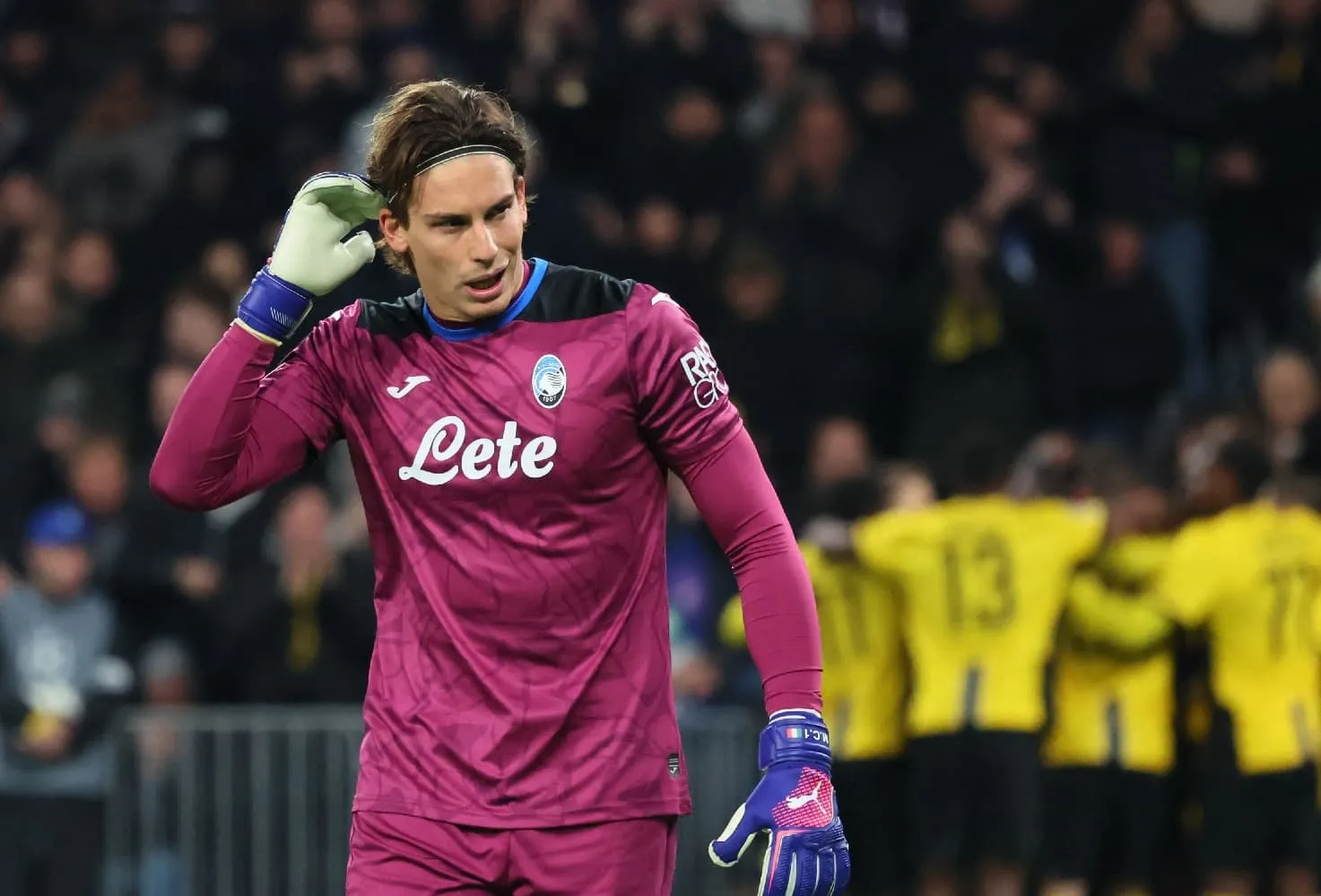UCL Shocker: What You Didn’t Know About This Year’s Most Controversial Match!
The UEFA Champions League (UCL) has erupted into a firestorm of controversy this season, leaving fans, players, and analysts alike stunned by the dramatic changes sweeping through Europe’s most prestigious club competition. The new 36-team format has become a lightning rod for debate, challenging everything we thought we knew about elite football.
At the heart of the controversy lies a radical transformation that has completely reimagined the tournament’s traditional structure. Gone are the days of simple group stages and predictable matchups. The expanded format now features an unprecedented 36-team group stage, creating a complex landscape that has left many scratching their heads.
Key Revelations:
1. More matches than ever before
2. Dramatically altered competition dynamics
3. Unprecedented financial implications
4. Increased player fatigue concerns
Fans and experts are divided. “This isn’t the Champions League we grew up watching,” says prominent football analyst Marco Rodriguez. The new format has essentially turned the competition into a marathon of matches, with teams now facing eight group stage encounters instead of the previous six.
The financial stakes have never been higher. Clubs are viewing this new format as both an opportunity and a potential minefield. Revenue streams are being carefully analyzed, with participation potentially making or breaking a team’s financial year. Manchester City, for instance, finds itself under intense scrutiny, with their performance becoming a microcosm of the broader challenges facing top-tier clubs.
Social media has become a battleground of opinions. Platforms like Twitter and Reddit are ablaze with passionate discussions, with fans expressing everything from outright rage to cautious optimism. The hashtag #UCLReform has been trending, highlighting the global conversation surrounding these changes.
Unexpected Consequences:
– Increased match unpredictability
– Potential for more upset victories
– Reduced emphasis on traditional rivalries
– Complex qualification mechanisms
Critics argue that the new format dilutes the traditional excitement of knockout stages. “We’re sacrificing quality for quantity,” notes former UEFA official Elena Martinez. The concern is that more matches might not necessarily mean more entertainment.
The introduction of this format coincides with broader discussions about football’s commercialization. American ownership and investment are increasingly influencing European football’s strategic decisions, with the UCL reforms being a prime example of this global transformation.
Player welfare has emerged as a critical concern. With more matches and tighter schedules, the risk of burnout has increased dramatically. Top athletes are now required to maintain peak performance across an increasingly demanding calendar.
What This Means for Football:
1. A potential paradigm shift in tournament structures
2. Increased global football commercialization
3. New challenges for player management
4. Reimagined fan engagement strategies
As the dust settles on these controversial changes, one thing becomes clear: the UEFA Champions League is no longer just a tournament. It’s a dynamic, evolving ecosystem that reflects the complex, globalized nature of modern football.
The debate continues, and only time will tell whether these radical changes will be remembered as a visionary transformation or a misguided experiment.
Stay tuned, football fans – the most unpredictable season in UCL history is just beginning.
Note to Readers: This article represents an objective analysis of the current UCL landscape, drawing from multiple expert sources and ongoing discussions in the football community.






Leave a Comment